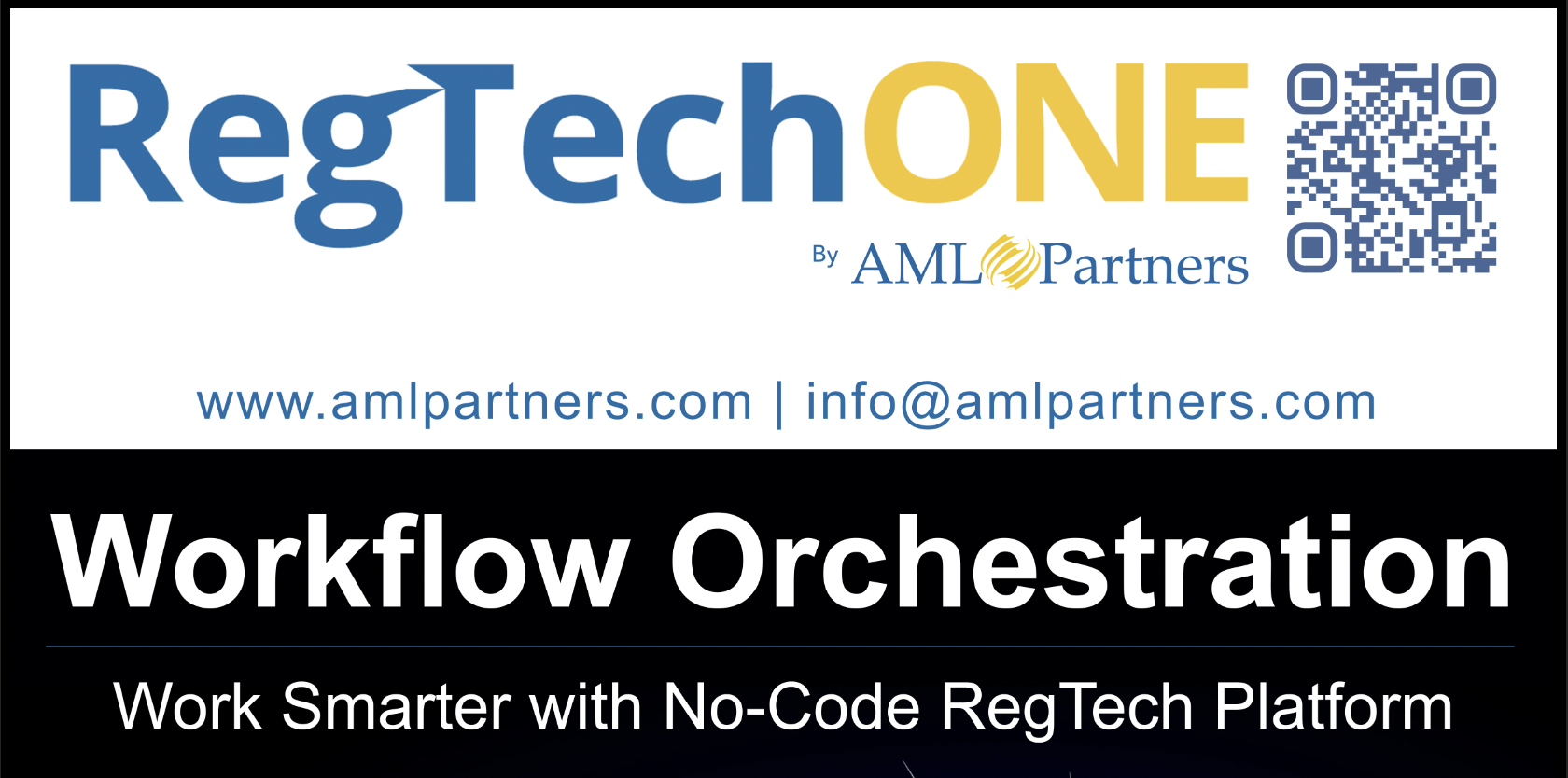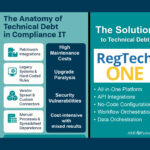
TD Bank’s designation as an “ethical risk” by Norway’s $1.9 trillion ‘oil fund’ shows that poor AML compliance culture doesn’t just risk fines—it threatens investor trust, institutional value, and global reputational standing.
Specifically, Norway’s sovereign wealth fund—the richest in the world—announced last week that “the ethics council said it recommended placing TD under observation due to an unacceptable risk that the company is contributing to, or is itself responsible for, serious financial crime,” according to reporting in the Wall Street Journal.
More than a scandal—it’s a culture reckoning
Regulators have been probing TD Bank for years, particularly around suspicious activity reporting failures, potential facilitation of money laundering, and failures to escalate red flags. But what makes this latest turn so significant is that it’s not coming from regulators—it’s coming from investors.
The Norway oil fund’s action sends a blunt message: A weak culture of compliance is no longer a private risk. It’s a global liability. And the consequences are not just regulatory—they are reputational, operational, and financial.
This isn’t just about missed SARs or isolated bad actors. Norway’s fund cited systemic weaknesses in TD Bank’s compliance practices. It noted “serious deficiencies in the bank’s anti-money laundering controls,” including employees who allegedly “deliberately withheld information or obstructed internal investigations.”
The U.S. Department of Justice in an enforcement action against TD Bank detailed a long list of egregious violations and willful actions contrary to AML Compliance requirements.
TD Bank’s AML Compliance culture overall appears to present the kinds of red flags that investor do not want to be associated with—especially not investors that see ethical governance as a consideration of its investment strategy.
Investors are watching—and walking
What’s unfolding with TD Bank reflects a larger shift: AML compliance is now squarely in the sights of institutional investors. AML lapses are no longer seen as narrow regulatory issues. They are governance failures, culture failures, and ultimately, investment risks.
This evolution mirrors the rise of various types of ethics-aware investing and stakeholder capitalism. Investors want to know that the institutions they support can manage risk, enforce ethical standards, and maintain operational integrity in the face of growing complexity.
And AML compliance is a clear litmus test. If a financial institution cannot ensure that it is committed to preventing financial crime, what other risks might be slipping through the cracks?
A cautionary tale—and a call to action
TD Bank’s fall from grace offers a cautionary tale with broad implications:
•Reputation is fragile. Years of brand equity can be undermined by a culture that deprioritizes compliance.
•Investors have leverage. When sovereign funds and other major investors speak, their critiques ripple across markets.
•Culture isn’t optional. Institutions cannot rely on policies alone. A strong compliance culture must be operationalized—from the branch level to the boardroom.
For AML professionals, this moment underscores what many have long understood: Strong AML programs are not just about avoiding fines—they’re about preserving institutional value, trust, and continuity.
How RegTech can strengthen culture and trust
Institutions looking to avoid the pitfalls facing TD Bank need to prioritize systems that make compliance not just possible, but operationally real. That means integrated solutions that connect policies, workflows, data, risk scoring, transaction monitoring, and reporting—in real time and across the enterprise.
RegTechONE® by AML Partners was built with exactly this in mind.
It enables financial institutions to:
•Enforce policy at the workflow level, with no-code configuration and full audit transparency.
•Automate monitoring and risk updates through perpetual KYC and dynamic risk scoring.
•Integrate across systems—new and legacy—for seamless data orchestration and alerting.
•Foster a culture where compliance isn’t reactive or siloed—it’s embedded, continuous, and with transparent accountability trails.
Bottom Line: Trust is earned, not assumed
The TD Bank scandal—and the continuing fallout– is a wake-up call. Not just for its own teams and leadership—but for every institution navigating today’s high-risk, high-visibility financial landscape.
As investor scrutiny grows, AML compliance must move beyond checklists and toward healthy cultures of compliance. Institutions that take this seriously—operationally, structurally, and strategically—won’t just avoid sanctions. They’ll be the ones investors trust, customers rely on, and regulators respect.
And in a world where trust matters, that’s a competitive advantage that pays dividends.


